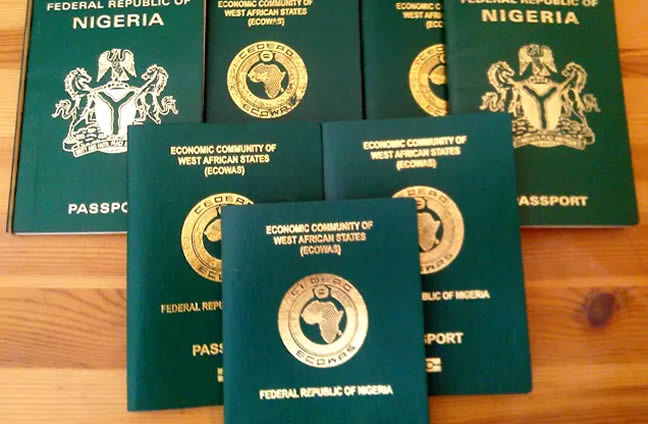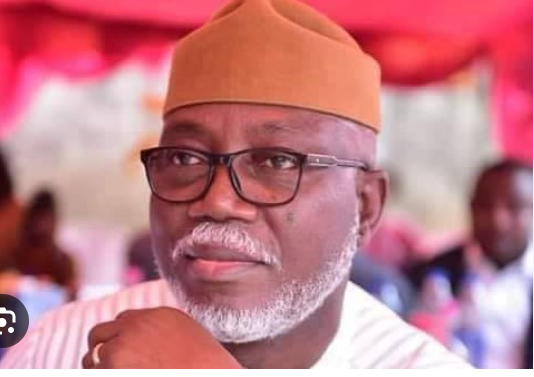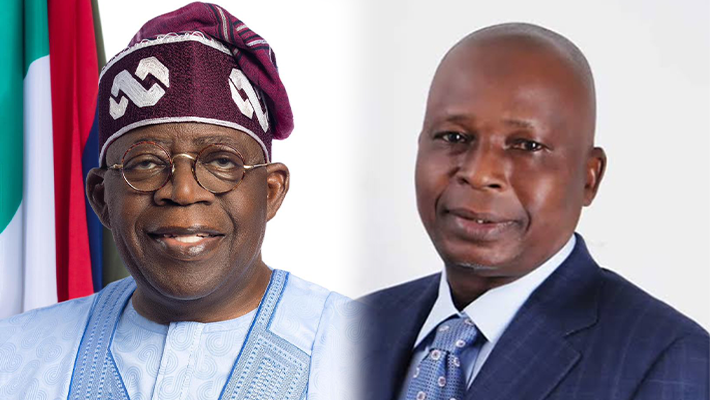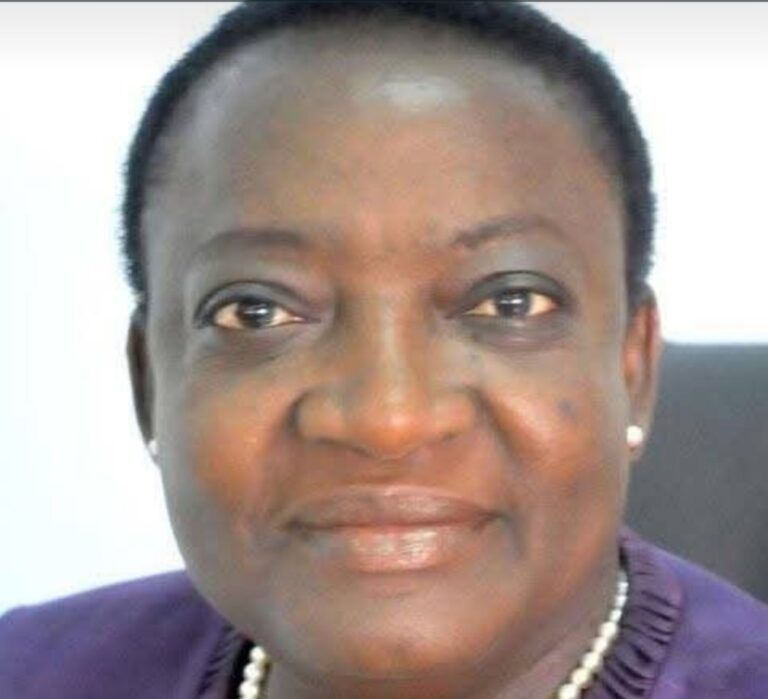
By Mike Olatunji
The recent trend of the Nigeria Immigration Service turning the upward review of passport fees into an annual event is both alarming and disheartening. The justification given—that it is necessary to uphold the “quality and integrity” of the Nigerian passport—feels hollow and detached from reality. Where is the quality and integrity in a yearly hike in fees that burdens the average citizen? This raises a critical question: have citizens in any other country paid exorbitant amounts, such as $100,000 or £100,000, as passport fees? The answer is a resounding No.
It is disheartening to see the Nigerian government inflate passport fees to levels that make it inaccessible for the majority of its citizens. These exorbitant charges seem designed to ensure that only the children of the wealthy elite can afford to travel. This is not just unfair—it is outright exploitative. Passports, which are basic identification and travel documents, are being treated like luxury items. This approach is outrageous and insensitive, especially considering the economic struggles of the average Nigerian.
The children of the elites appear to have no difficulty obtaining passports because they benefit from their parents’ ill-gotten wealth. These children are often shielded from the harsh realities of life, as they are taught how to spend money lavishly, not how to earn it honestly. Meanwhile, the children of less privileged families are left hopeless, unable to access opportunities that could change their lives, simply because they cannot afford the basic documentation required to travel or seek greener pastures.
This situation highlights a disturbing pattern: the government imposes arbitrary charges on its citizens while simultaneously mismanaging and siphoning the nation’s resources for personal gain. These resources, meant to improve the lives of all Nigerians, are instead hoarded for the safe-keeping and luxury of the elite’s children, further widening the gap between the rich and the poor.
It is imperative for the government to apply a human face to its policies, particularly when it comes to pricing essential services like passports. Leaders must consider the plight of the less privileged, who are already struggling to make ends meet. Governance should be about creating opportunities and providing access, not about placing further barriers in the path of the disadvantaged.
We call on the government to reconsider these arbitrary charges and adopt a more compassionate approach. Policies should reflect fairness, equity, and a commitment to uplifting all citizens, not just the privileged few. The children of the poor deserve the same opportunities as those of the wealthy. A nation that neglects its most vulnerable is a nation that fails its future.
Let us urge our leaders to prioritize the well-being of all Nigerians, to think beyond immediate revenue generation, and to act with empathy and foresight. The future of our nation depends on it.
Mike Olatunji
Writes from Lagos


